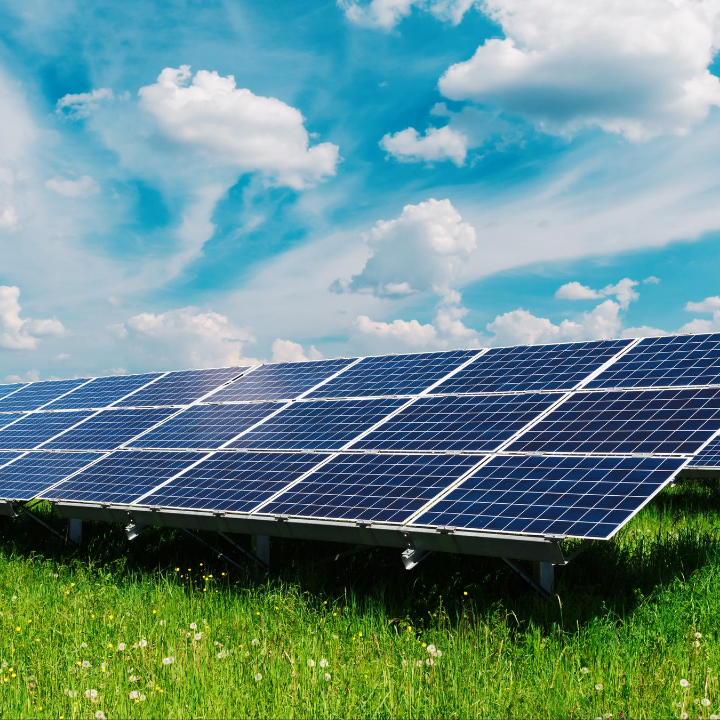USA bans imports of silica-based solar materials from China's Hoshine Silicon Industry Co due to forced labour concerns

Canva
"U.S. Bans Imports of Some Chinese Solar Materials Tied to Forced Labor", 25 June 2021
In one of the newly announced actions, U.S. Customs and Border Protection banned imports of silica-based products made by Hoshine Silicon Industry Company as well as goods made using those products. The agency “has information reasonably indicating that Hoshine uses forced labor to produce its silica-based products,” Alejandro N. Mayorkas, the homeland security secretary, said at a news conference. [...]
Mr. Mayorkas addressed that tension at the news conference, saying, “Our environmental goals will not be achieved on the backs of human beings in a forced-labor environment.”
The Commerce Department also added Hoshine Silicon Industry (Shanshan) Company and four other Chinese entities to a trade blacklist, a move that restricts American companies from exporting products and technology to them. [...]
Calls to Hoshine were not answered late on Thursday in China. [...]
A spokesman for China’s Ministry of Foreign Affairs, Zhao Lijian, suggested earlier this week that Beijing could retaliate against a possible ban on polysilicon imports from Xinjiang, though he did not specify what form that could take. Asked again on Thursday before the Biden administration’s actions were announced in Washington, Mr. Zhao said the United States wanted “turmoil in Xinjiang to contain China’s development.”